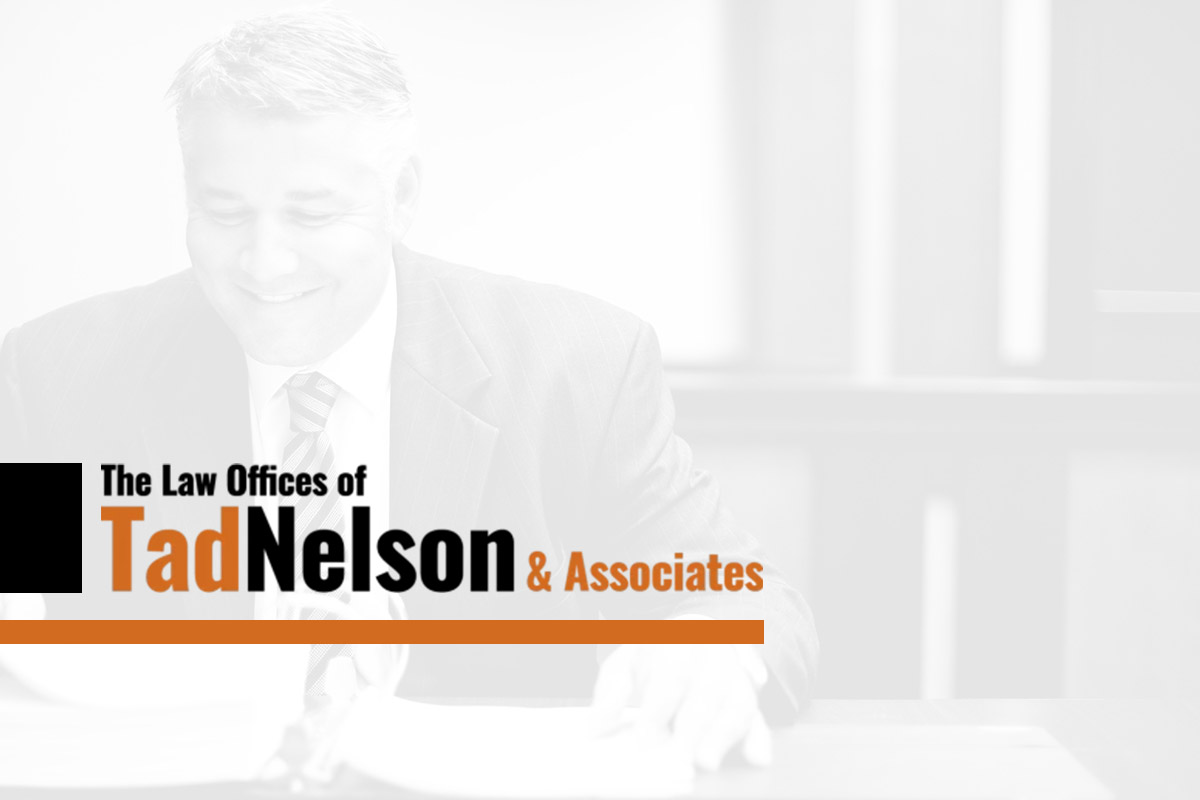Millions of Texans have a social media profile, usually Facebook, Instagram, or Twitter. These platforms are great at helping friends and family stay in touch. After a DWI arrest, however, your social media account could be a goldmine of information for the prosecutor.
Most people are so embarrassed at being arrested that they never mention the DWI publicly. That’s a good start. Still, your social media profile could make your case harder for you. Below, our Houston DWI lawyer examines what role social media profiles play in criminal cases.
Damaging Statements or Pictures
We’ve seen some people post photos of themselves drinking in public. These photos can be very damaging in a drunk driving case. True, you can’t be convicted of DWI because of these photos. But they might convince the prosecutor that you have a drinking problem and, therefore, don’t deserve a generous plea deal. If you are under 21 and facing DWI, then any pictures of you drinking with friends would be very damaging.
Also be very careful about statements you make online. For example, if you admit you were drunk when arrested, then a prosecutor will probably ask a judge to introduce those statements at trial. And many judges will let them in.
Tracking Information
Many social media apps allow you to “check in” at a business. For example, if you visited a bar, then you might publish that fact and include information about who you are with and what you are doing.
This information is often publicly available. In fact, someone could add you when checking in themselves at a business, and you might not even know that. Police will be very interested in this information. It might show you had visited a bar or tavern in the hours before your DWI arrest—compelling evidence you had been drinking.
Privacy Settings & Deleted Posts
A good first step is to make your social media profiles private. If any family or friends ask why, just say you want some privacy. You should also untag yourself from pictures other people post, although this might not 100% prevent someone else from tagging you again.
Once you set a profile to private, stop adding friends—at least until your DWI case is finished. If the police want to see your profile, they should get a search warrant from a judge. Never invite them in by accepting a friend request.
As for deleting posts or pictures, it’s probably not a good idea. For one thing, this could qualify as destruction of evidence, which might warrant even more criminal charges. For another, nothing really disappears on social media platforms. The police can often recover deleted information if they have a search warrant. Instead, meet with an attorney to review what to do if you have damaging information on your profile.
We’re More than a Friend
Tad Nelson is an experienced Houston DWI lawyer who has represented hundreds of drivers in DWI cases. His team can meet to review the charges you face and offer some frank advice about how to manage your social media as you await trial. Contact us today to get started.














